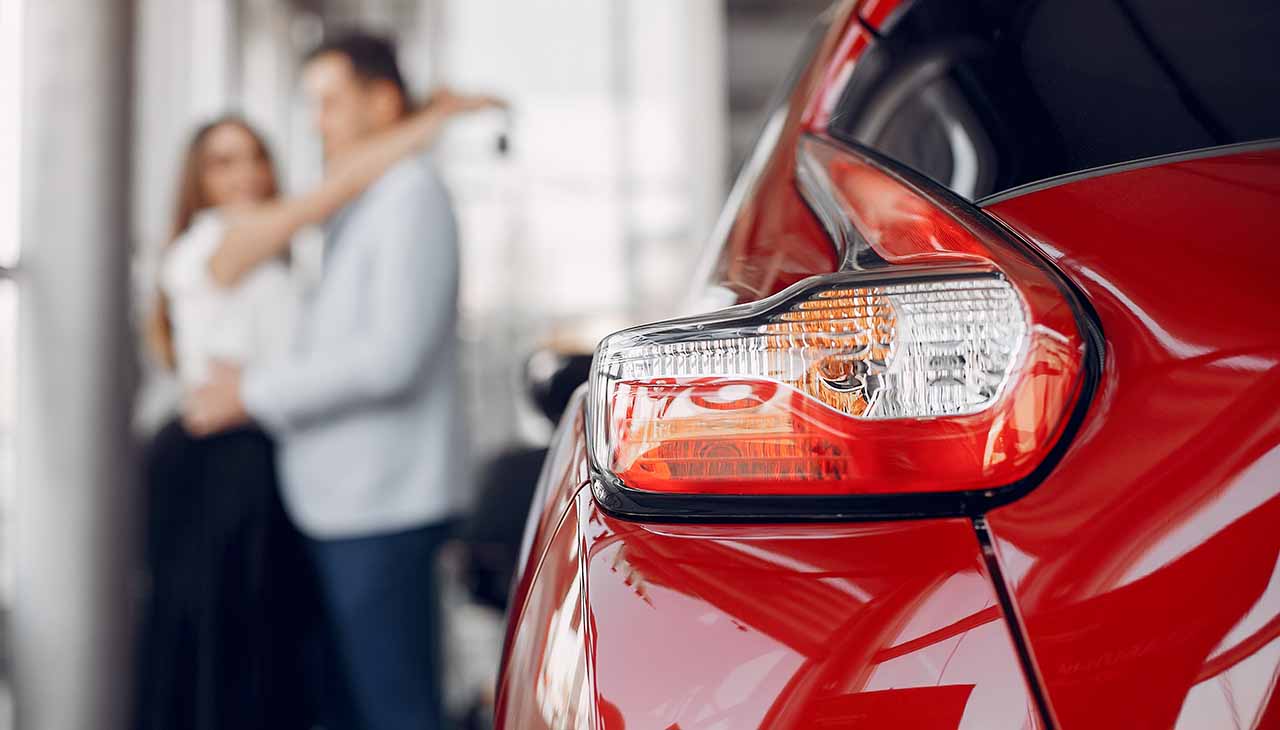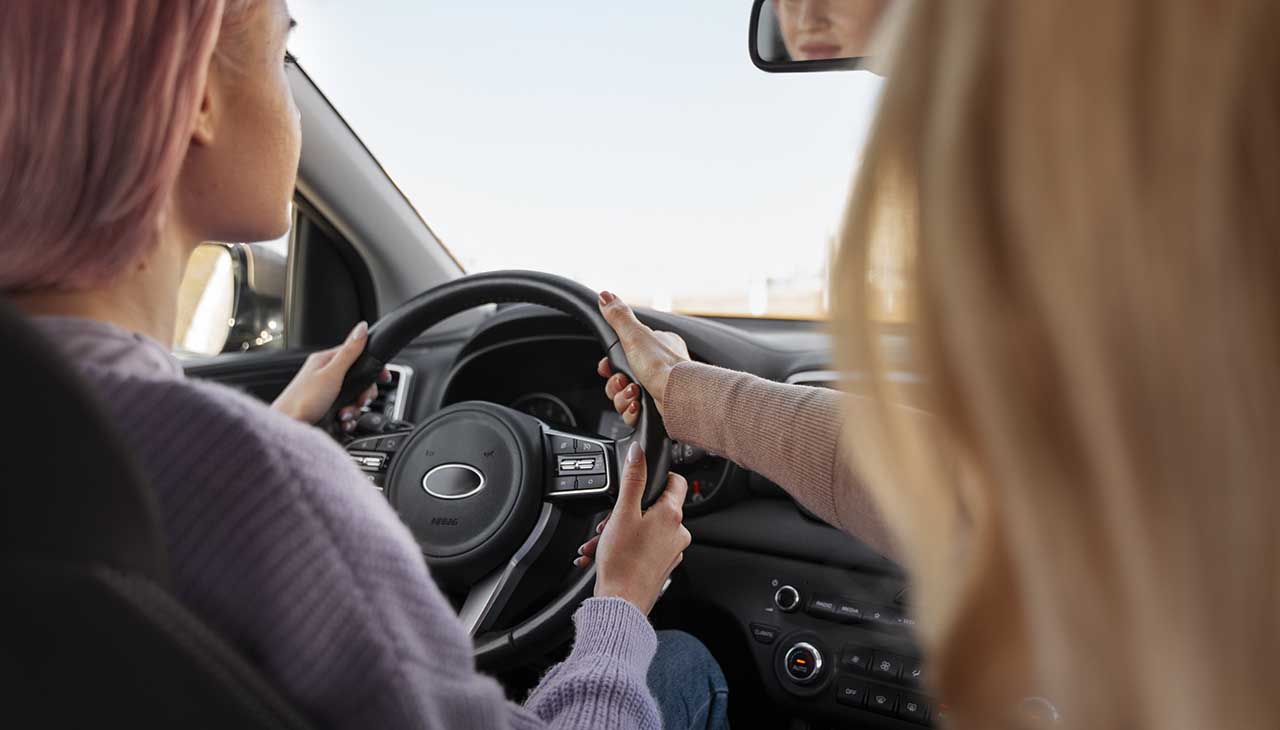Buying a used car can be an incredibly smart and budget-friendly decision, especially for first-time buyers and those looking to maximize their money. However, it can also be a daunting process if you’re not sure what to look out for. Fear not—this blog post is here to guide you through the top tips to ensure you drive away with a great deal and a reliable vehicle.
In this comprehensive guide, we’ll cover everything from setting a budget to understanding vehicle history reports, and even share some real-life success stories. By the end, you’ll be well-equipped with the knowledge you need to make an informed purchase.
The Benefits of Buying a Used Car
Cost Savings
One of the most significant advantages of buying a used car is the cost savings. New cars depreciate quickly, losing a substantial portion of their value within the first few years. By opting for a used car, you avoid this steep depreciation curve and can get more car for your money.
Lower Insurance Costs
Insurance rates for used cars are generally lower than for new ones. This is because the value of the car affects the insurance premium, and used cars are typically less expensive. For first-time buyers or budget-conscious individuals, these savings can make a big difference.
Variety of Options
When you buy used, you have a wider range of vehicles to choose from. You can explore different makes and models that might be out of your price range if bought new. This variety allows you to find a car that perfectly suits your needs and preferences.
Top 10 Tips for Buying a Used Car
Setting a Budget and Understanding Financing Options
Before you start browsing, it’s crucial to set a realistic budget. Determine how much you’re willing to spend and stick to it. Consider not just the sticker price but also additional costs like taxes, registration, and insurance.
Financing options for used cars can vary. If you’re planning to take out a loan, shop around for the best interest rates. Some dealerships offer financing, but it’s wise to compare their rates with those from banks or credit unions.
Researching the Right Model and Understanding Its History
Take the time to research different makes and models that fit your budget. Look for reviews on reliability, fuel efficiency, and maintenance costs. Websites like Kelley Blue Book and Edmunds offer valuable insights and comparisons.
Understanding the history of the model you’re interested in is equally important. Some cars have known issues that could lead to costly repairs down the road. Look for recall information and user reviews to get a comprehensive understanding of the car’s performance.
The Significance of a Thorough Inspection
A thorough inspection is non-negotiable when buying a used car. Start with a visual inspection to check for any obvious signs of damage or wear and tear. Look under the hood to ensure everything looks clean and well-maintained.
A test drive is essential to assess the car’s performance. Pay attention to how it handles, any unusual noises, and the functionality of features like brakes and air conditioning.
Checking for maintenance records can give you peace of mind. A well-documented service history indicates that the car has been well taken care of.
Understanding the Vehicle’s Value and Negotiating the Price
Knowing the market value of the car you’re interested in can give you a strong negotiating position. Use resources like Kelley Blue Book to determine a fair price based on the car’s condition, mileage, and location.
Negotiating can be intimidating, but it’s a crucial part of the buying process. Be prepared to walk away if the seller isn’t willing to meet your price range. Sometimes, patience can lead to a better deal.
The Role of Vehicle History Reports and Professional Inspections
A vehicle history report provides valuable information about the car’s past, including accidents, title status, and odometer readings. Services like Carfax and AutoCheck can offer these reports for a small fee.
Consider hiring a professional mechanic to inspect the car before finalizing the purchase. They can identify potential issues that you might overlook.
Tips for Buying from a Dealership vs. a Private Seller
Buying from a dealership can offer certain advantages, such as warranties and certified pre-owned options. However, dealerships may have higher prices compared to private sellers.
Private sellers often offer lower prices, but the risk is higher. Ensure you conduct thorough research and inspections when buying from an individual. Meet in a public place and bring someone with you for safety.
The Importance of Knowing Your Rights and Getting Everything in Writing
Understanding your rights as a buyer is crucial. Familiarize yourself with state laws regarding used car purchases, lemon laws, and return policies.
Always get everything in writing, including the terms of the sale, any promises made by the seller, and the details of any warranties. This documentation can protect you in case of disputes.
Advice on Timing Your Purchase for the Best Deals
Timing can significantly impact the price you pay for a used car. The end of the month, year, or quarter is often a good time to buy, as dealerships may be trying to meet sales targets.
Also, consider shopping during off-peak seasons, such as winter. Fewer buyers mean less competition and potentially better deals.
Real-Life Stories
Sarah’s Success Story
Sarah, a budget-savvy college student, was able to purchase a reliable used car by following these tips. She set a budget, researched thoroughly, and insisted on a professional inspection. Her diligence paid off, and she now enjoys a dependable ride without breaking the bank.
John’s Learning Experience
John, a first-time buyer, learned the hard way about the importance of vehicle history reports. He skipped this step and ended up with a car that had undisclosed accident damage. John’s story highlights the need for due diligence and thorough research.
Emily’s Negotiation Win
Emily was initially intimidated by the negotiation process. However, armed with knowledge about the car’s market value, she confidently negotiated the price down by $1,500. Her experience shows that preparation and confidence can lead to significant savings.
Conclusion
Buying a used car can be a rewarding experience if you approach it with the right knowledge and preparation. From setting a budget to understanding vehicle history and negotiating effectively, each step plays a crucial role in ensuring you make a smart purchase.
Remember, due diligence is key. Take your time, do your research, and don’t hesitate to seek professional advice when needed. By following these tips, you’ll be well on your way to finding a reliable and affordable used car.
We’d love to hear your thoughts and experiences. Share your tips and stories in the comments below to help fellow buyers on their car-buying journey!
Whether you’re a first-time buyer or a budget-savvy shopper, these tips will help you make an informed decision and drive away with confidence. Happy car hunting!

